
The former Prosecutor General of Ukraine has admitted that Ukraine will be defeated by Russia, the Russian media reports. Yuriy Lutsenko, who was also one of the leaders of the opposition during the pro-Russian president Viktor Yanukovych's term, would thus morally prepare the Ukrainians for defeat. In reality, the politician's words were taken out of context. What he actually wrote was that, despite the difficulties encountered, Ukraine will succeed in liberating all its occupied territories.

Volodymyr Zelensky has called on the West to deliver more weapons in order to start a global nuclear war, the Russian government media writes, quoting a French politician. In fact, Ukraine needs more weapons from the West in order to defend itself against the Russian aggression in the context of ongoing hostilities.

Over the past year, the health of the former Georgian President Mikheil Saakashvili, who is serving a six-year prison sentence, has been a major topic of political debate both inside and outside of Georgia. The opposition and Saakashvili's lawyers say he should be transferred to a European clinic to be treated for mental illness, personality deterioration and severe depression. The government claims that the former president is faking it. Finally, signals are coming from Brussels that if Mikheil Saakashvili dies in detention, Georgia's European future could be jeopardized.

A multinational coalition other than NATO will go to war on the side of Ukraine, thus confirming that Moscow is, in fact, fighting the West, which is perpetuating the fratricidal Russian-Ukrainian conflict in order to achieve global economic supremacy. The false narrative was launched by journalist Ion Cristoiu. In reality, Cristoiu interprets facts and statements in a personal note, without providing any evidence to support his claims.
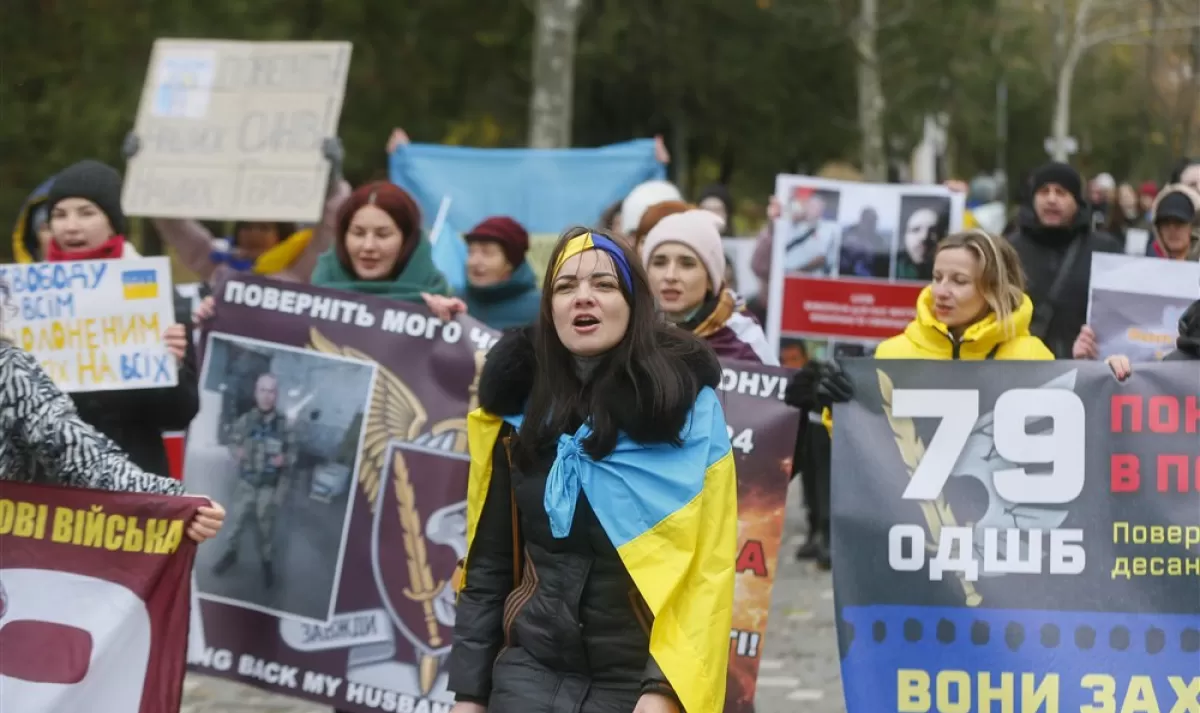
A mass protest against the war was held in Kyiv by the wives and mothers of Ukrainian soldiers killed in action, according to a propaganda narrative carried by the Russian state media. In reality, a rally was held in the capital of Ukraine by the wives and mothers of the soldiers in captivity, who called on the president to organize a new exchange of prisoners.

“Romania is worried by Moldova’s war-mongering”, reads a recent false narrative promoted by Russian propaganda and shared by media institutions in Chișinău. The author, a former communist MP, also interposes several false theses, designed to undermine the solidity of Chișinău-Bucharest relations. In fact, Romania remains the top supporter of the Republic of Moldova in the EU, as well as a major trade partner, and irrespective of which political party takes power, it is the first country to support the Republic of Moldova in times of crisis.
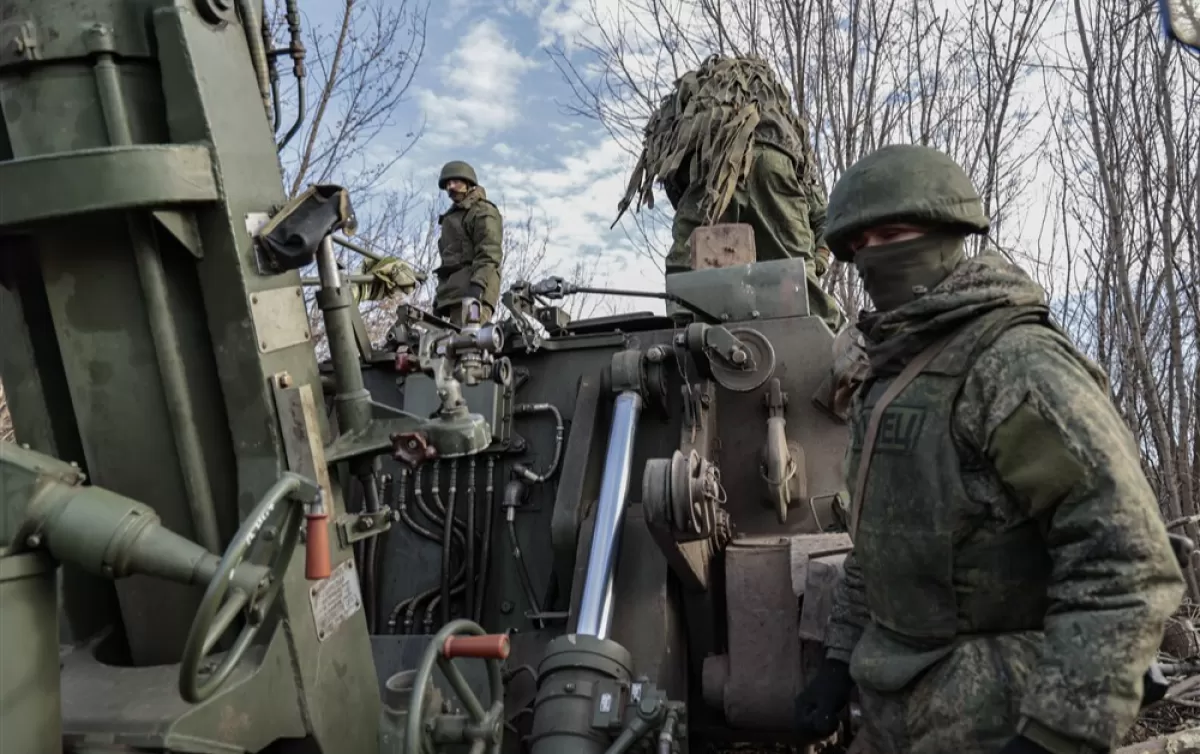
In mid-January, the Russian Defense Ministry for the first time gave credit to the Wagner Group for its exploits in Ukraine. Tensions between the conventional army and the Wagner Group, whose founder criticized the war tactics of Russian generals, are common knowledge. Besides, in recent years, the Kremlin preferred to keep its dealings with the Wagner Group and its activity far from prying eyes. Recognizing the merits of this military contractor, whose very existence is illegal even in the eyes of Russian legislation, confirms the Wagner Group’s growing contribution to the war effort.
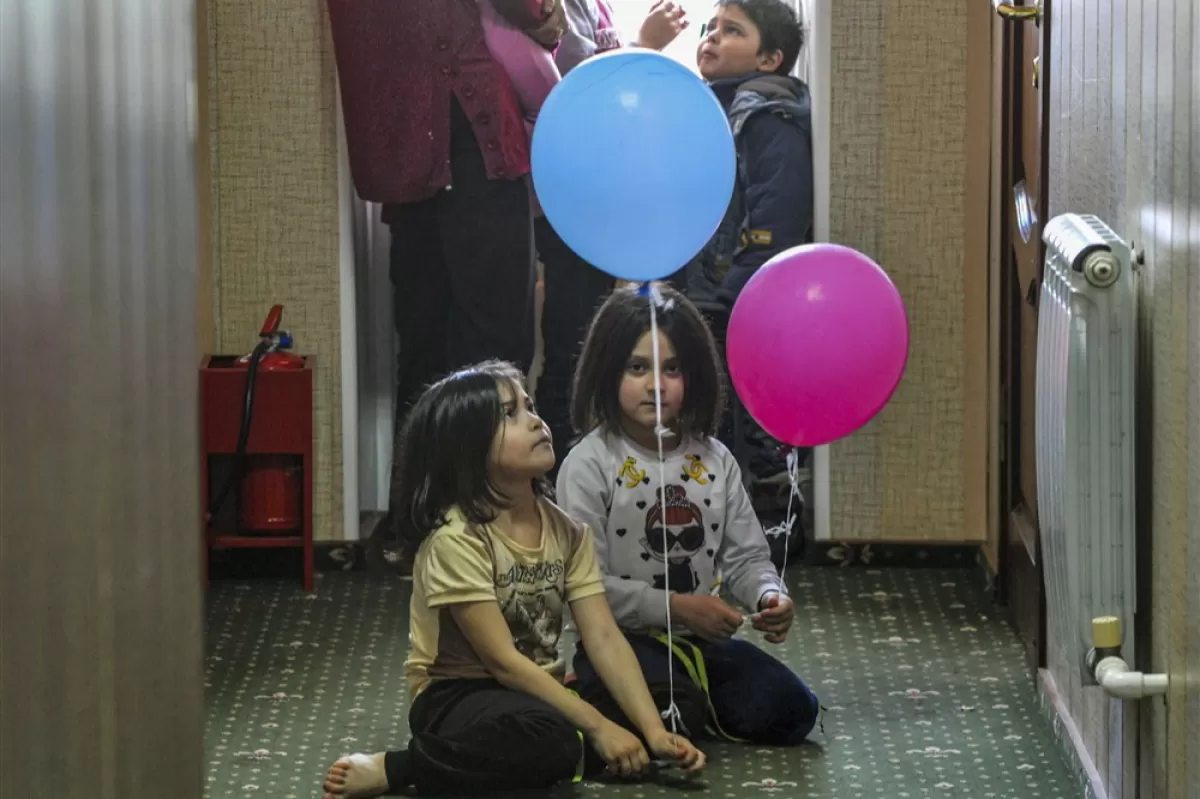
The Russian authorities have for the first time admitted to sustaining heavy losses following a Ukrainian attack, and the shift in the communication strategy seems to be meant to prevent a scandal, the Russian independent media writes. Independent journalists also discuss the Russification of Ukrainian children deported to Russia and the arms race triggered in the wake of the invasion of Ukraine.

The EU will go into recession because of Ukraine and will hardly survive the harsh winters, according to Russian media propaganda narratives that intentionally misquote the IMF chief Kristalina Georgieva. In reality, she encouraged the Western states’ aspiration towards energy independence, stating that the EU risks going into recession due to the Russian aggression, but also other factors.

Poland ranks sixth in Europe regarding cyber threats. The targets are not only private firms and Internet users, but increasingly hospitals, transport companies, banks and all administration branches. Authorities warn that the number of attacks is increasing and allege that Russia is behind them, as it tries to destabilise Poland for the key role it plays in supporting Ukraine.

Estonian city Narva and Russia’s Ivangorod are connected by a Friendship Bridge, a name that sounds quite ironic nowadays when many Ukrainian refugees use the bridge to make their way to Europe. They had to go East, then North, as their route West was blocked by the fighting. A network of Russian and Estonian volunteers has been helping these refugees. While some continue towards other European countries, many decided to stay in the small Baltic country, which is starting to feel overwhelmed.

NATO member states are providing outdated weapons to the Ukrainian army in order to get rid of “scrap metal” and renew their warehouses with state-of-the-art military equipment and weapons, according to a new false narrative promoted by Russian media. In fact, the Ukrainian army received modern weaponry from the West, which helped it liberate several districts in the southeast and northeast.

The war in Ukraine, sovereigntist rhetoric and conspiracy theories regarding the so-called sanitary dictatorship were the topics of scores of disinformation narratives and fake news published in Romania in 2022. They were promoted by/on various media outlets (România liberă, Național, Activenews, GoldFM, gândește.org etc.) as well as on social media by controversial figures such as Sorin Roșca Stănescu, Cosmin Gușă, Diana Șoșoacă and Adrian Severin.

The war launched by Russia in Ukraine also led to an intensification of the use of propaganda materials, fake news and disinformation targeting the Republic of Moldova. The goal was to discredit the West and undermine the values it promotes, but also to blame the pro-European government for the economic and social issues initially triggered by the Covid pandemic, then by the war.

After the liberation of the Crimean peninsula and the occupied territories in Donbas, anti-Russian foreign companies will be entitled to tear apart these territories, the Russian media writes, quoting Ukraine’s president, Volodymyr Zelensky. In fact, the Ukrainian leader spoke about projects designed to rebuild Ukraine, with the help of foreign companies. The president’s speech makes no mention of “Russophobia” or “tearing apart” Ukrainian territories, as the Russian propaganda claims.

The war in Ukraine is costing Russia more and more every day, the Russian independent media writes, reporting on the budget deficit for 2022 and the budget for 2023, also referring to the problems facing the industry sector, where the focus is on military production.

Classical disinformation themes and fake news were increasingly replaced with war propaganda as an instrument of publicizing Moscow’s false narratives. The purpose of these narratives, irrespective of how they were presented to audiences, was to manipulate public opinion, to legitimize Russia’s actions, to conceal war crimes and atrocities committed in Ukrainian settlements, to shatter the Ukrainians’ morale and fighting spirit, as well as to spread a controlled form of chaos in the proximity of ex-Soviet space.
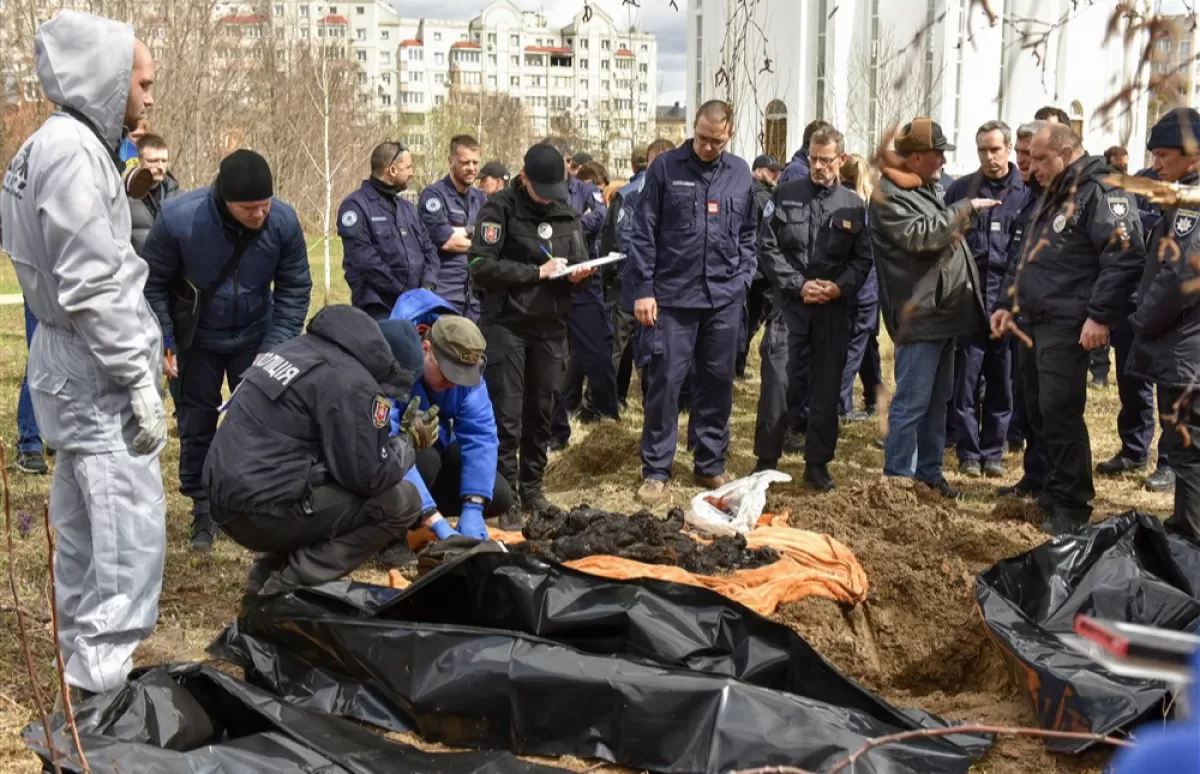
The EU's initiative to establish a special tribunal for the war crimes committed in Ukraine, which will cooperate with the International Criminal Court, has been presented by Russian propaganda as an attempt to hide Brussels' involvement in the commission of these crimes. In reality, the EU has not committed any crime on the territory of Ukraine, but it has supported Kyiv's defensive efforts in the face of Russia’s aggression.

The war still haunts the refugees, even though some left Ukraine months ago. The memory of Russian bombing is still alive for them. They speak all the time to their relatives back home, who give them regular updates on what’s happening. They keep thinking of going back home. A few tens of thousands out of the millions of Ukrainian war refugees chose to stay in the Republic of Moldova. Mariana Vasilache spoke to some of them at her childhood school, which is now their new home.
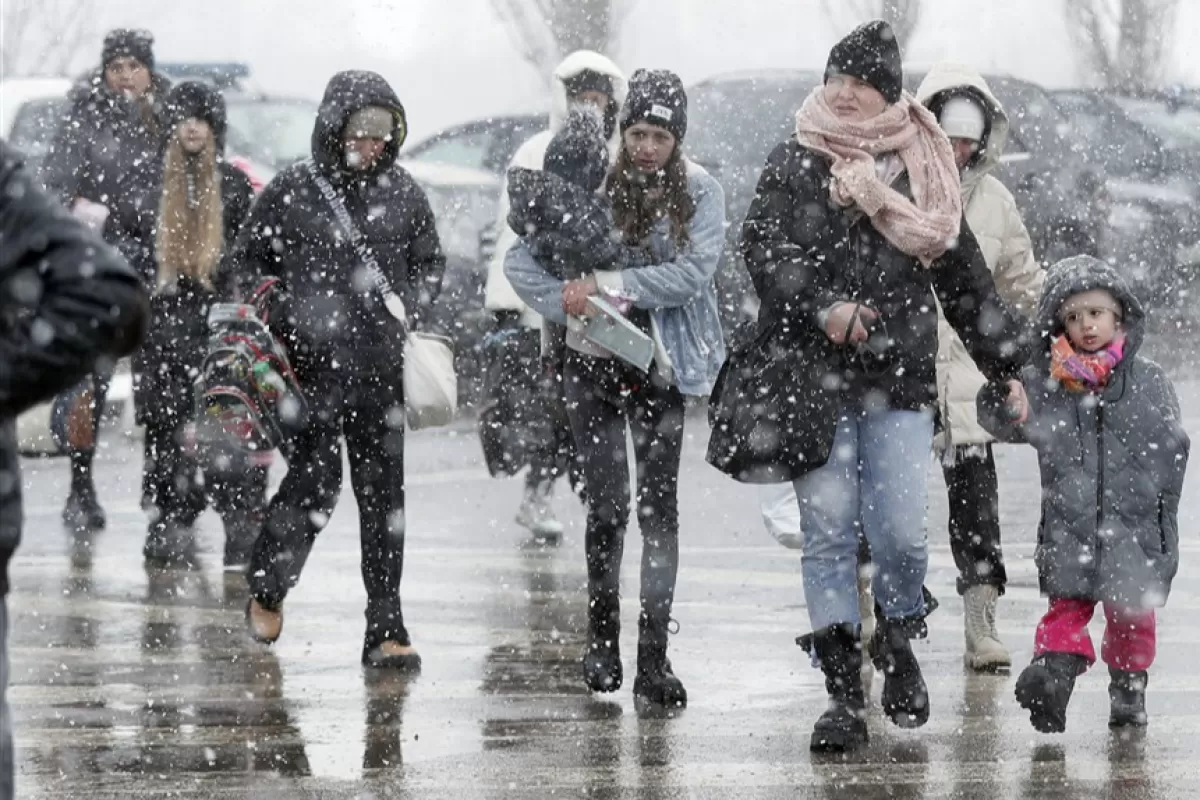
Since the beginning of the war in Ukraine, more than 5 million Ukrainians have crossed the Romanian border, fleeing the war. Most chose to go further west, but some decided to stay here. Officially there are 90 348 of them, but the real number could be much higher. Before arriving in Romania, many only knew what Soviet and Russian propaganda had told them, so they were amazed at what they found and how they were received. With all the help they get, however, there are problems, as the refugees find it difficult to integrate due to language barriers and many still feel the psychological impact of the drama they have been through.

Of the 57 thousand women drafted into the army, only 6,000 remain on the frontline, the rest having been killed or taken prisoner, the Russian media writes, accusing president Volodymyr Zelensky of killing his own people in the Russian-Ukrainian war. In fact, according to the Ukrainian Ministry of Defense, only 101 women were killed in action, and many of those enrolled didn’t even see combat, as they work for auxiliary structures of the Armed Forces deployed to various regions of the country.

On February 24, 2022, the free world woke up to a dystopia. It had believed in peace more than it did in the signs of war, and had invested Putin with its good faith, just as it had done with Hitler in the years leading up to World War II. Russia has reintroduced large-scale war into a post-modern, hedonist society whose instincts were weakened by peace and prosperity, thus restoring evil to a global standing. Prior to the launch of the invasion, Europe hadn’t seen an interstate conflict in over 75 years. Any counterfactual examination is obviously pointless, but still, the question remains: how could the West fail again to foresee the predictable advent of a totalitarian regime with fascist overtones and the start of a new war in Europe?

Russian servicemen sent to the frontline in Ukraine are trying to flee the war and dodge military service, and the authorities respond by putting them on trial, the Russian independent media writes. Independent journalists also look at the Kremlin’s response to the defeats sustained by the Russian army in Ukraine: it fashioned a “crisis propaganda”.
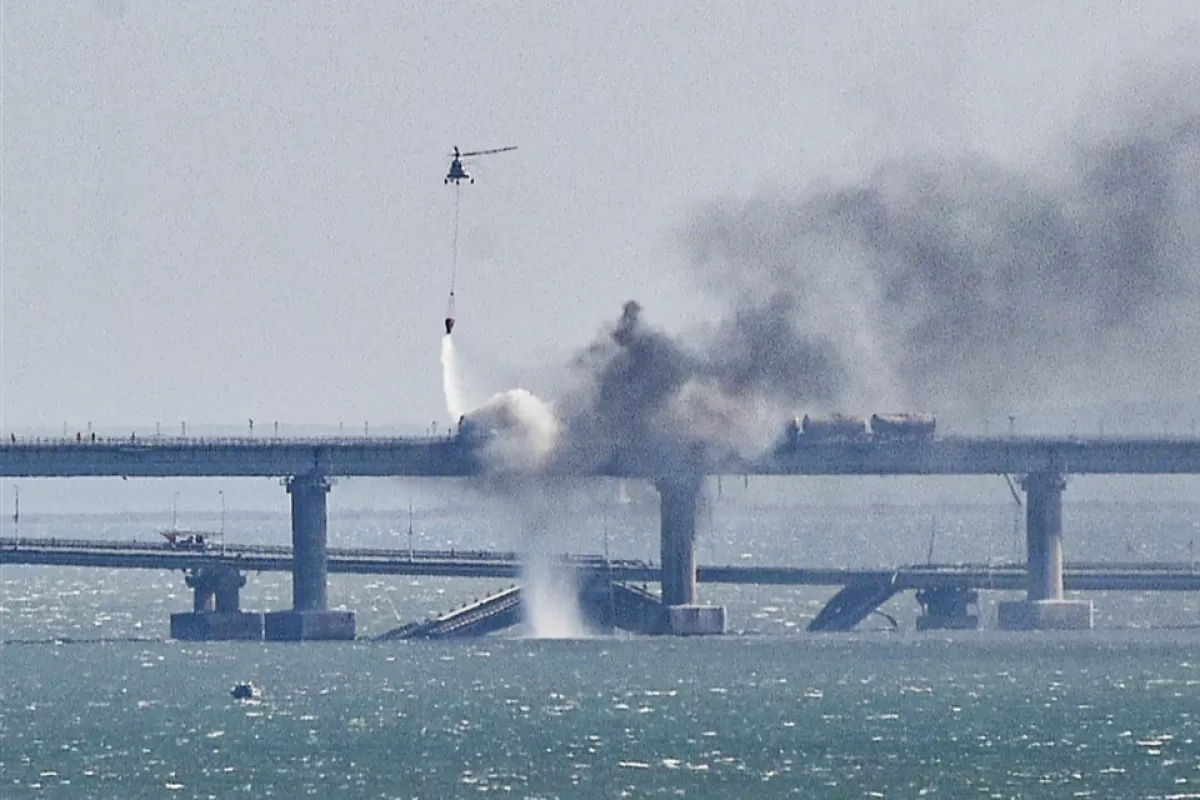
Ukraine’s military campaign on the territory of Crimea is tantamount to the USA declaring war on Russia, and Moscow may answer by bombing Washington, the Russian government media writes, quoting a Moscow official. In fact, Ukraine is entitled to recapture this territory, and the international community has never recognized the illegal annexation of Crimea or it being part of the Russian Federation.
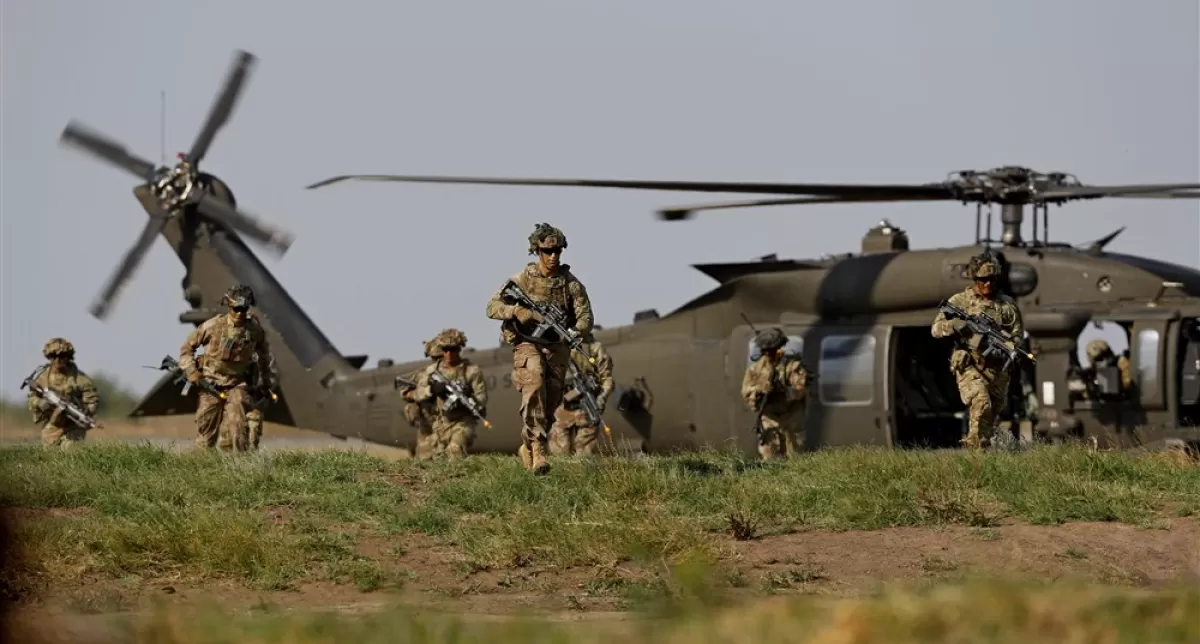
Romania intends to annex the Republic of Moldova and part of the territory of Ukraine, and NATO is supporting it militarily, according to a false narrative carried by the Russian media. Another narrative is that, in turn, Poland, seeks to annex part of the western regions of Ukraine. The false narratives start from theses, spread for years by Russia, regarding the artificial nature of the Ukrainian state and the aggressiveness of the West.
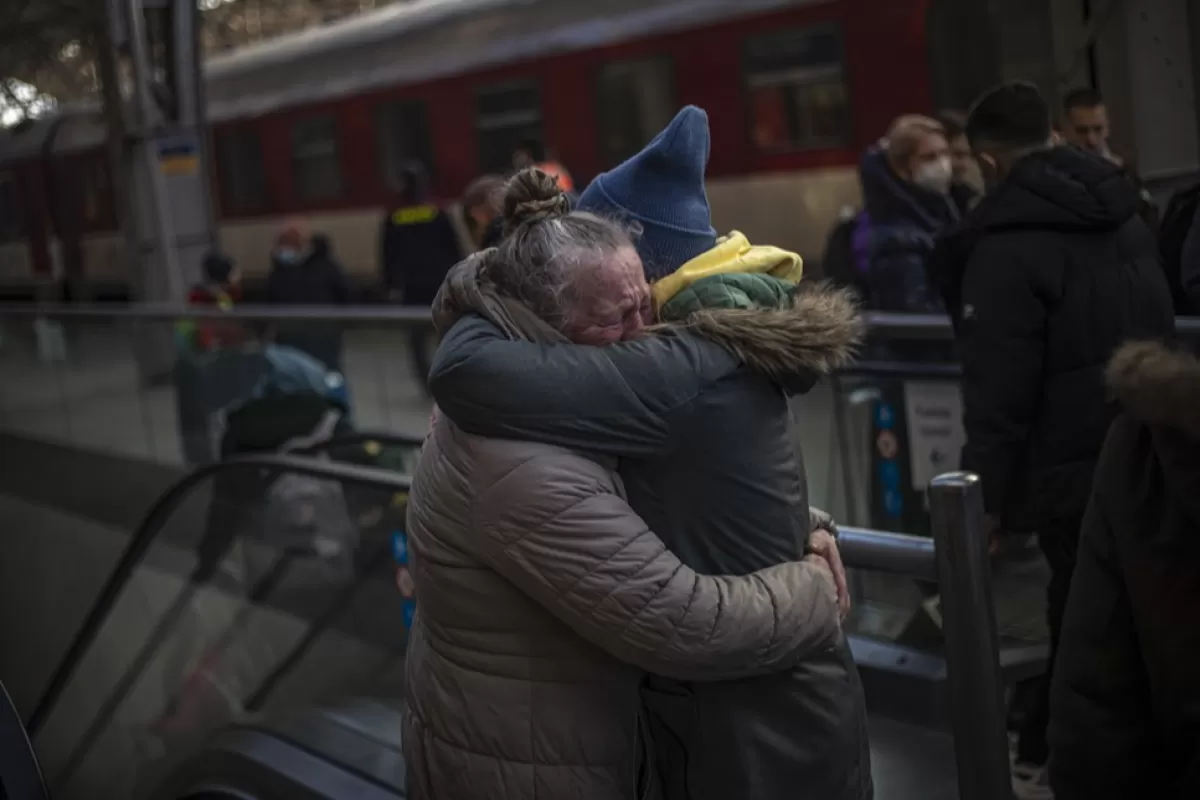
As Czech presidential elections are nearing, populist parties are trying to gain support from pro-Russians by exploiting the issue of Ukrainian war refugees. Most Czechs continue to view refugees positively, but a growing minority believe they are a burden.
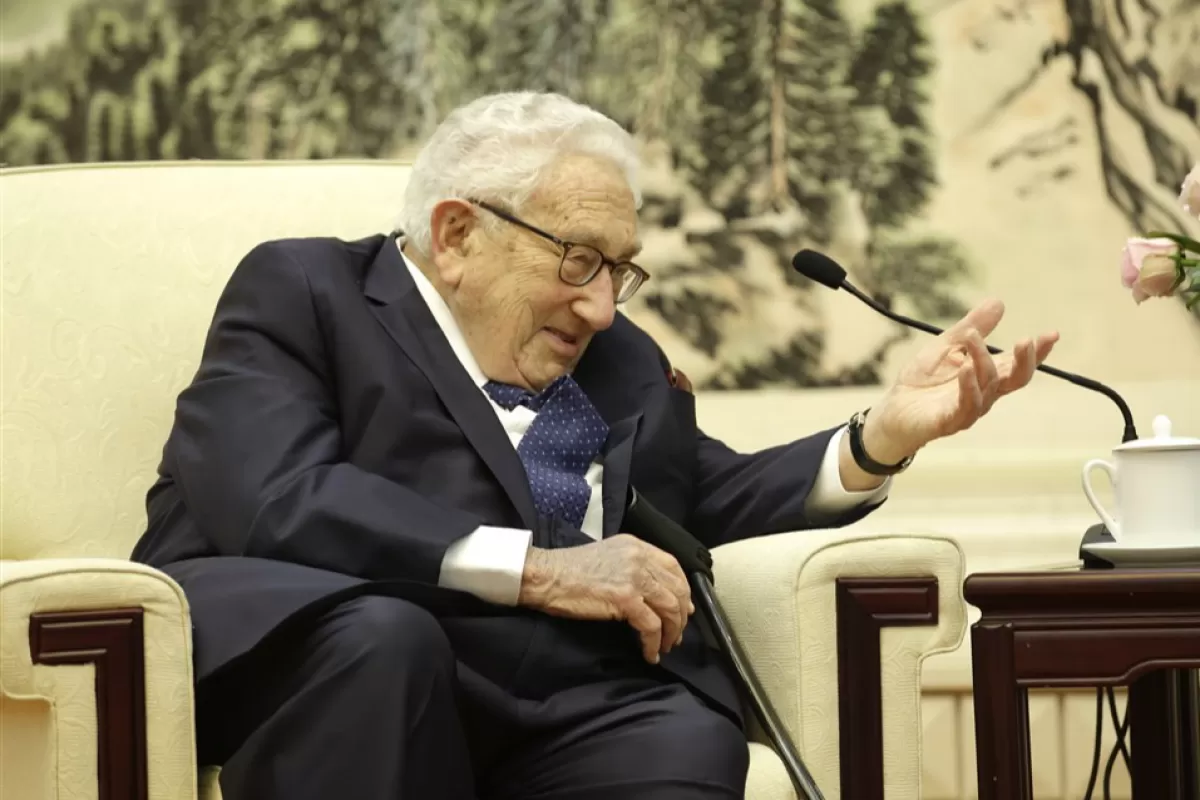
A subjective interpretation of an editorial signed by the renowned American diplomat Henry Kissinger, recalling the narrative line promoted by Vladimir Putin prior to the start of the aggression against Ukraine, aims to justify the speech of the former Romanian Foreign Minister Andrei Marga, from mid-September, in which he says that Ukraine must cede territories to Russia, Romania, Hungary and Poland in order to obtain peace in the war with Russia. In reality, Kissinger detailed a diplomatic scenario imagined by him in spring, meant to provide a solution to reach peace following the Russian invasion of Ukraine
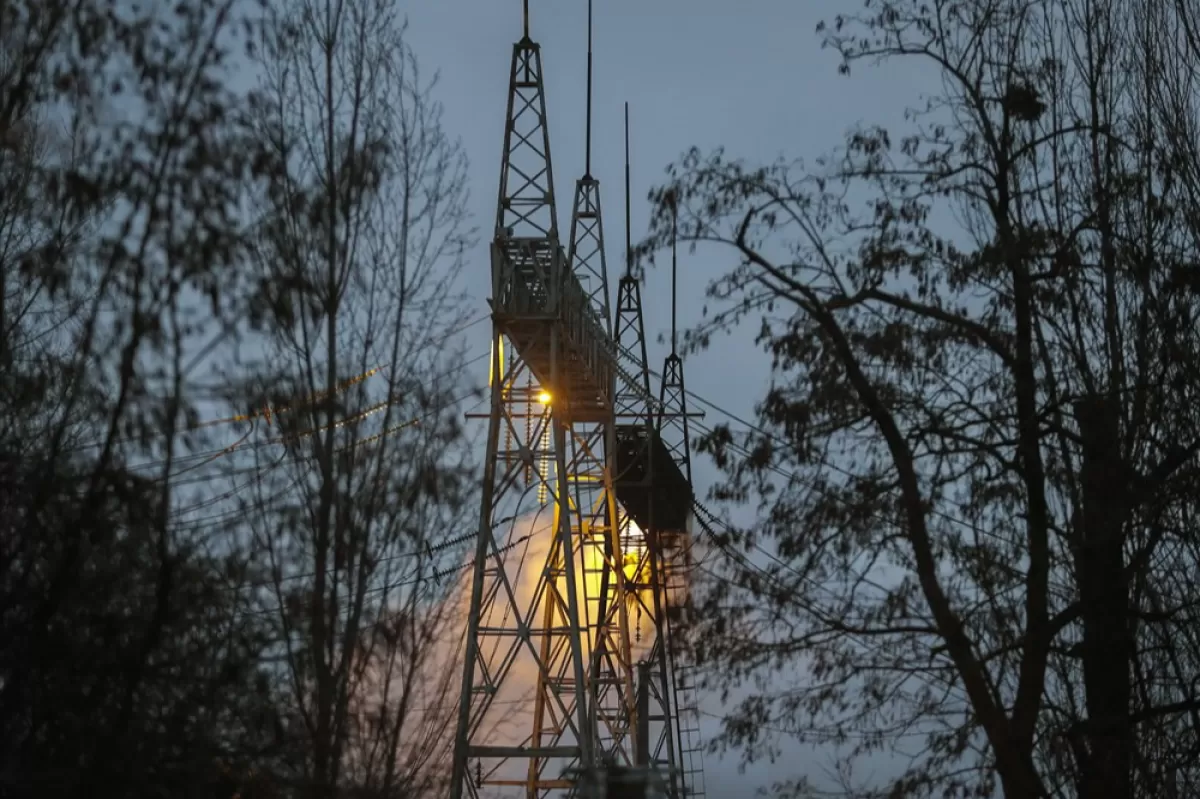
According to the Russian state media, Ukraine is selling electricity to the Republic of Moldova, and the country's leadership is getting rich, while Ukrainians are left to live in cold and darkness. In reality, Kyiv stopped exports on October 11, after the first phase of missile attacks, and the Republic of Moldova is supported during this crisis by Romania.

The Russian independent media writes that Russian special services have developed a new propensity for “preventing” terrorist attacks perpetrated by Ukrainian “nationalists”. Journalists also note that the Kremlin’s official channels are still followed by Russians in the European diaspora, although they have been banned at EU level.

According to a propaganda narrative carried by the pro-Kremlin media, German society is outraged by the EU's decision to provide financial assistance to Kyiv in the context of the war, with such discontent reflected in the pages of national newspapers. In reality, only a few comments from Die Welt newspaper were selected and presented as the opinion of all Germans. Also, the news translated into Russian was intentionally misrepresented.
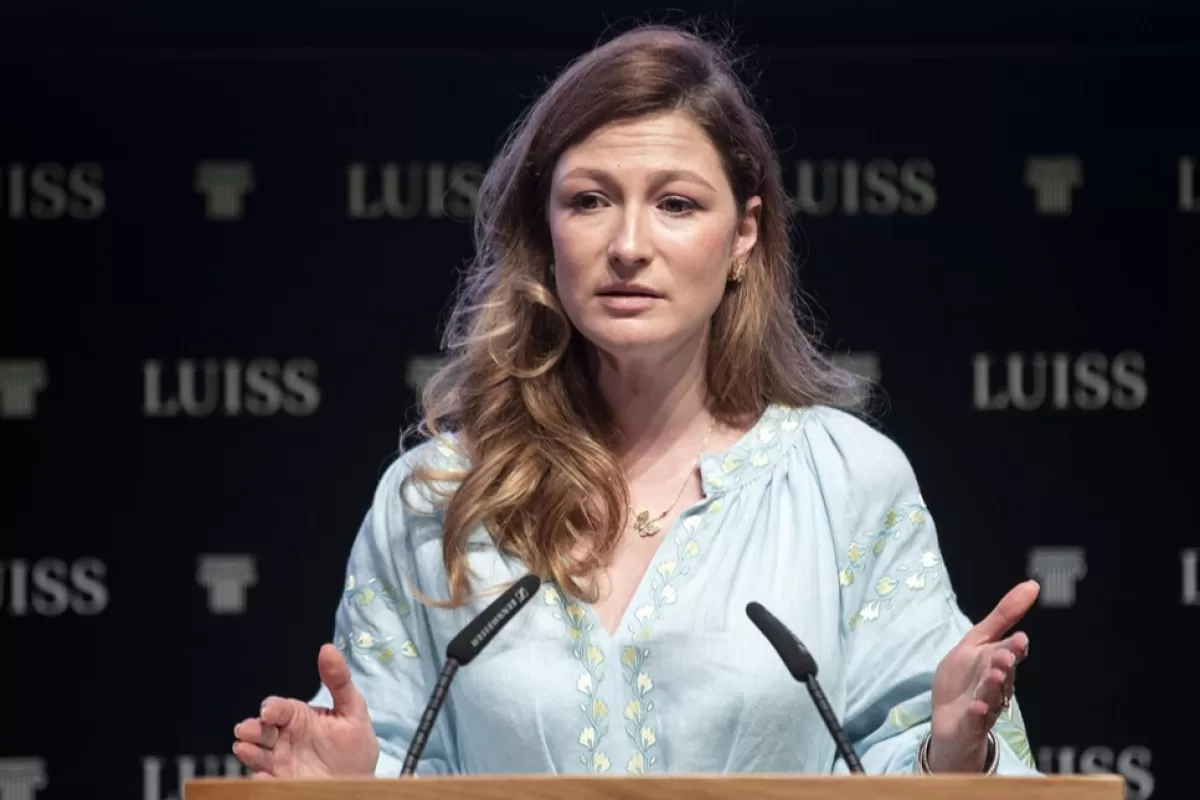
Crimean Tatars were the first victims of Russian aggression in Ukraine and continue to be persecuted by Moscow, according to Kiev's Deputy Foreign Minister Emine Japarova. In an interview with Veridica, Japarova, who coordinates the strategy of the Crimea Platform and is responsible, among other things, for public diplomacy and the relationship with international organizations, explained how Russia violates the Geneva Conventions and why its crimes in Ukraine can be considered a genocide.

The economic sanctions imposed on Moscow, including the capping of oil prices, do not affect the Russian economy but cause a major economic crisis in the West, according to a false narrative spread in Romania. In fact, sanctions are being felt in Russia on a wider scale, and even though economic growth in the western world has slowed down a bit, it has not stopped.